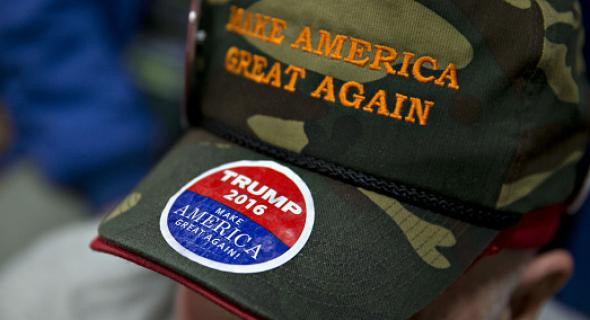Rebecca Traister has a big New York magazine cover story this week about the history and political implications of the United States’ increasing population of unmarried women. You should go read the whole thing, which covers the Clinton/Sanders feminist divide (among other subjects) in detail. But there’s one point the article makes implicitly, almost as an aside, that grabbed my attention because of what it says about the Republican side of the 2016 race. Here’s the excerpt in question (which I first saw on Joel Anderson’s Twitter feed):
The economic benefits extended to the white middle class, both during the New Deal and in the post–World War II years, did not extend to African-Americans. Social Security, created in 1935, did not apply to either domestic laborers or to agricultural workers. Discriminatory hiring practices, the low percentages of black workers in the country’s newly strengthened labor unions, and the persistent racial wage gap, along with the fact that many colleges barred the admission of black students, meant that returning black servicemen had a far harder time taking advantage of the GI Bill’s promise of college education. And the suburbs that bloomed around American cities after the war were built almost entirely for white families.
You may have heard that the leading Republican presidential candidate, Donald Trump, wants to “Make America great again.” You might also have heard that Trump’s strongest/only supporters come from the white working class. The paragraph above explains why that might be so. The United States, in living memory, was a better/more affordable place for the working class in part because of government retirement benefits, union-friendly laws, federally subsidized home loans, and federally subsidized education. One of the reasons that there was so much of this “free stuff” available to white people back in the day is that it wasn’t available to nonwhite people. Discrimination meant there were bigger slices of the pie to go around, so to speak, for every white person.
Especially when compared with other more strikingly abhorrent harms like lynching and water-fountain segregation, this kind of (relatively!) subtle economic discrimination is not part of the story of civil rights in the 20th century that white Americans learn in school and elsewhere. But it’s a pretty good reason why black voters and other nonwhite voters would not want to make America more like it used to be.
Now if we could only figure out how to fit “the egalitarian economic benefits of the postwar American economy were disproportionately available to white Americans because of officially sanctioned racism” on a hat.
